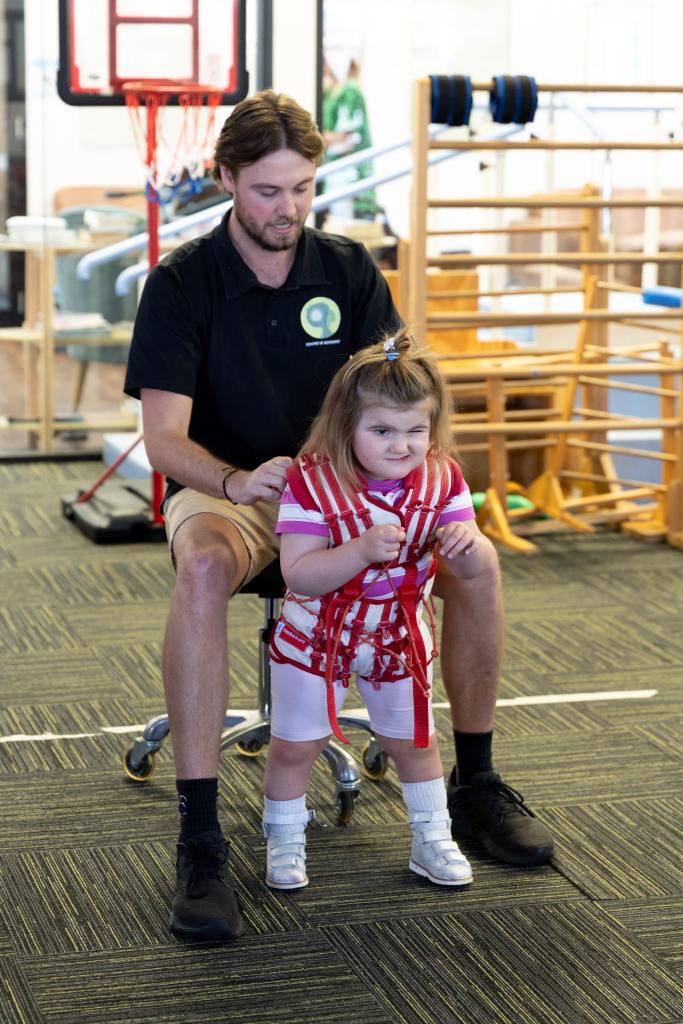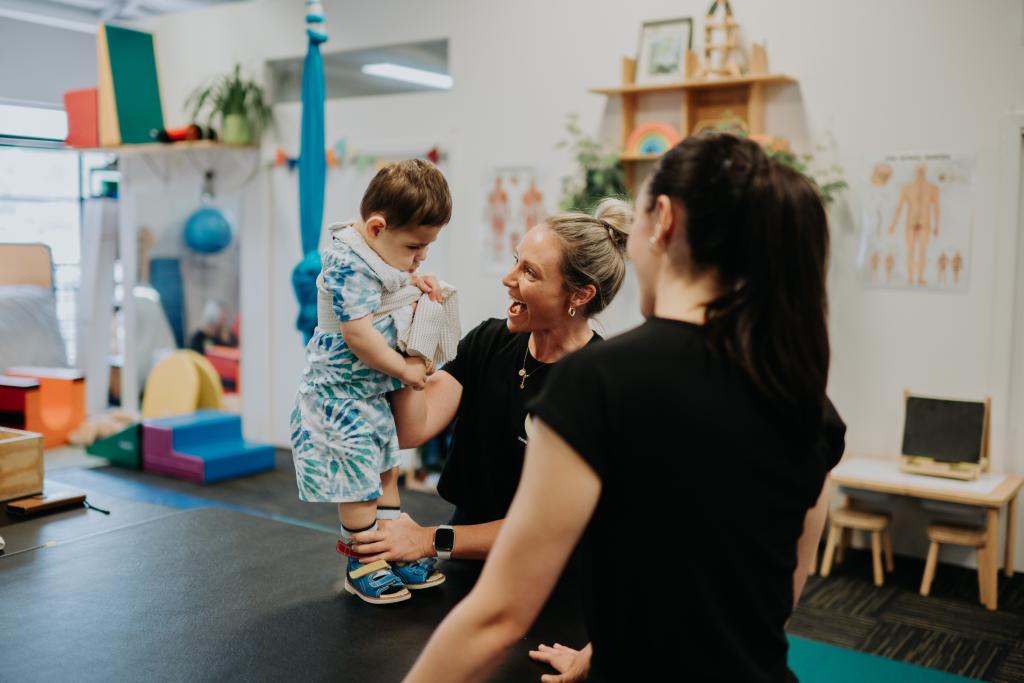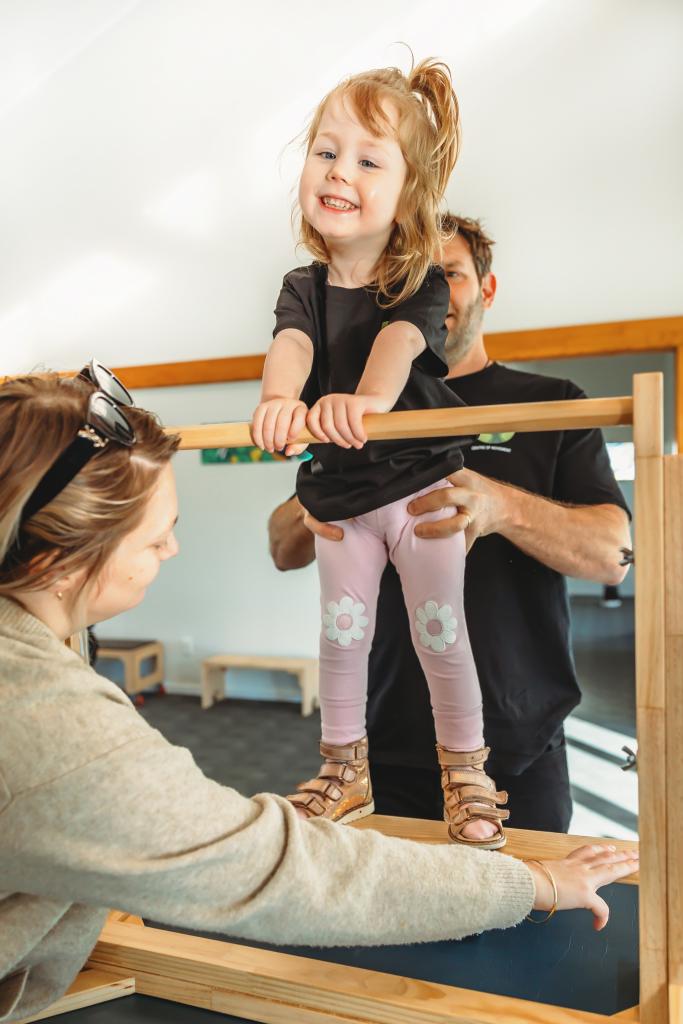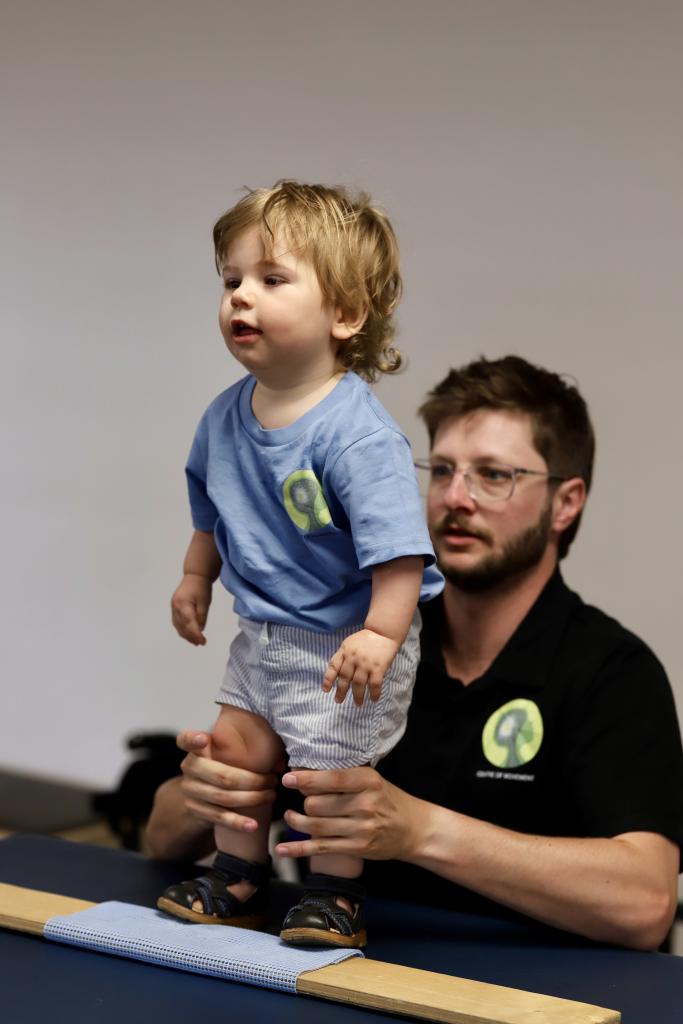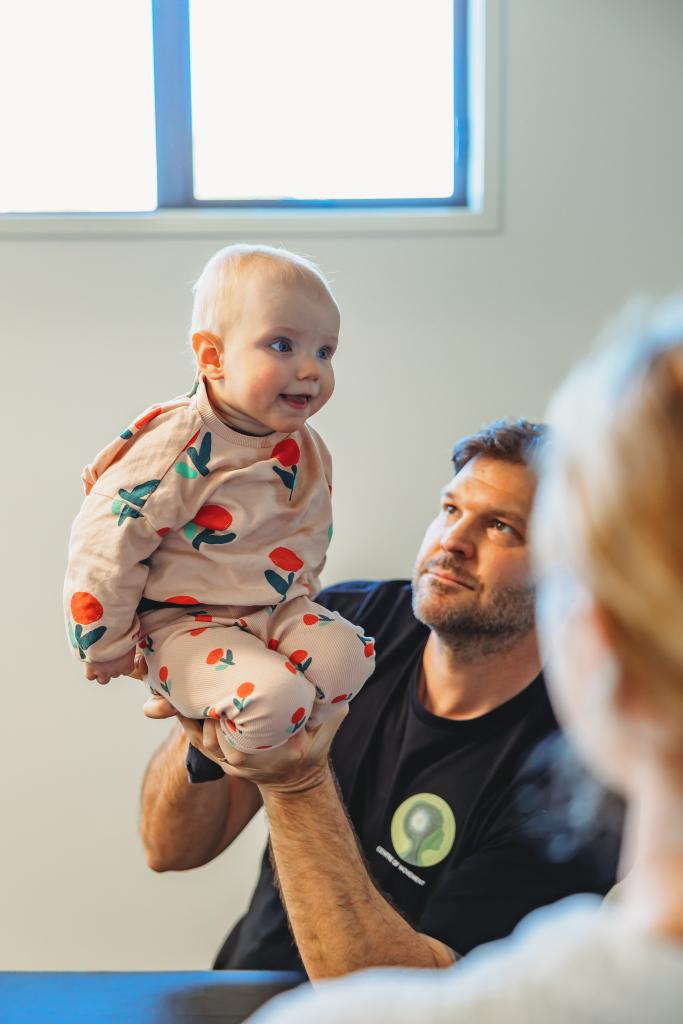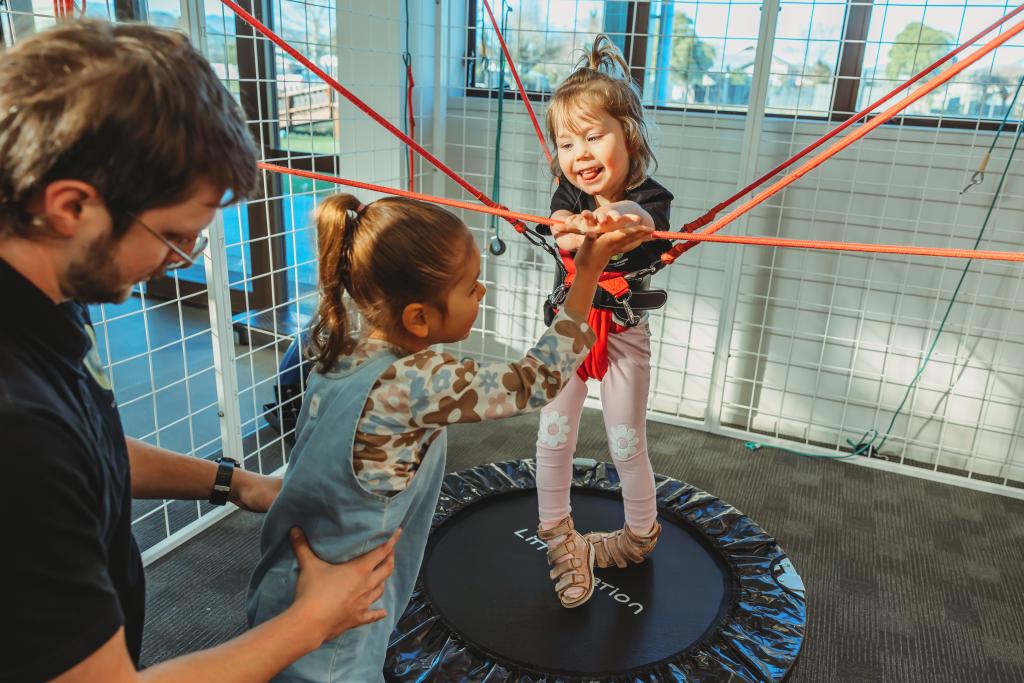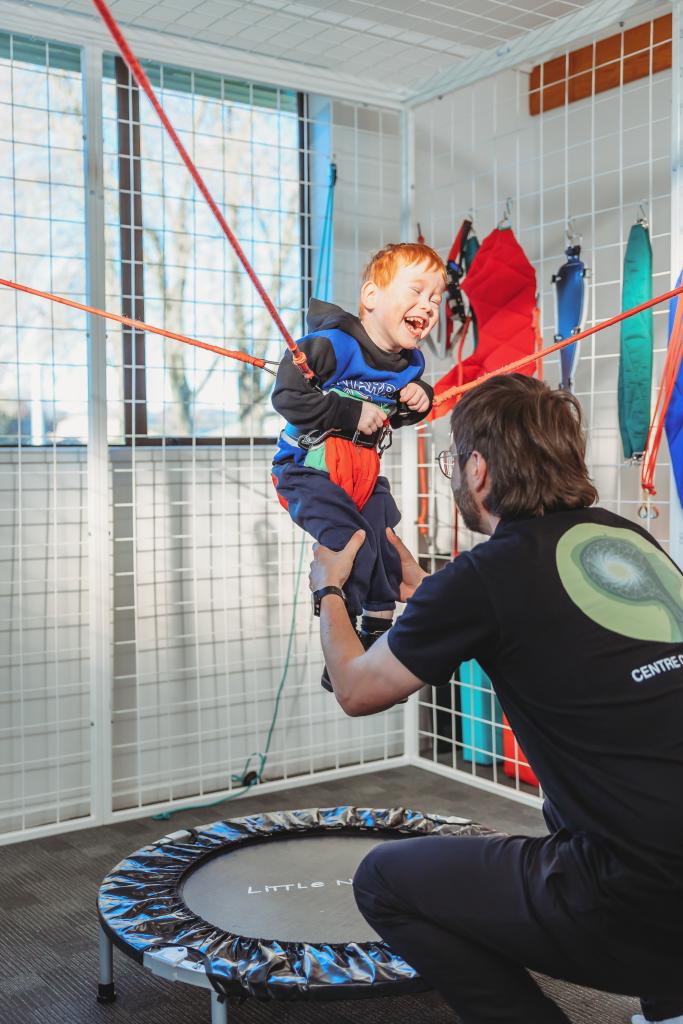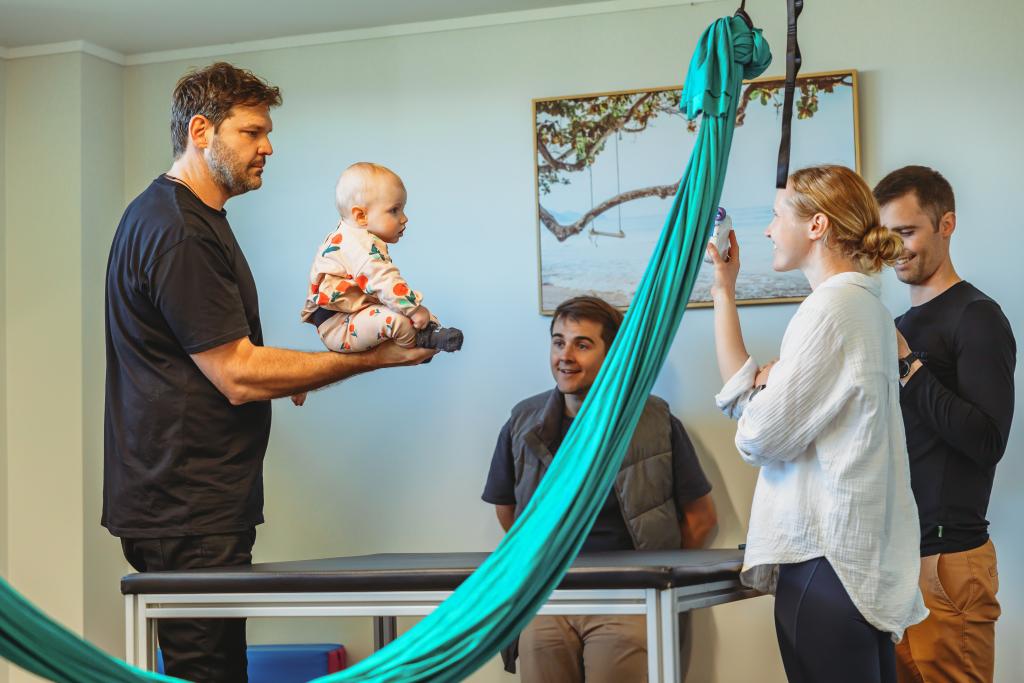Would you like to see your child be able to participate more in the community; have an improved sense of well-being; a reduction in anxiety; increased lung and heart efficiency; increased strength, flexibility, mobility, coordination; improved bone health; weight control; and a reduction of chronic diseases and secondary conditions.
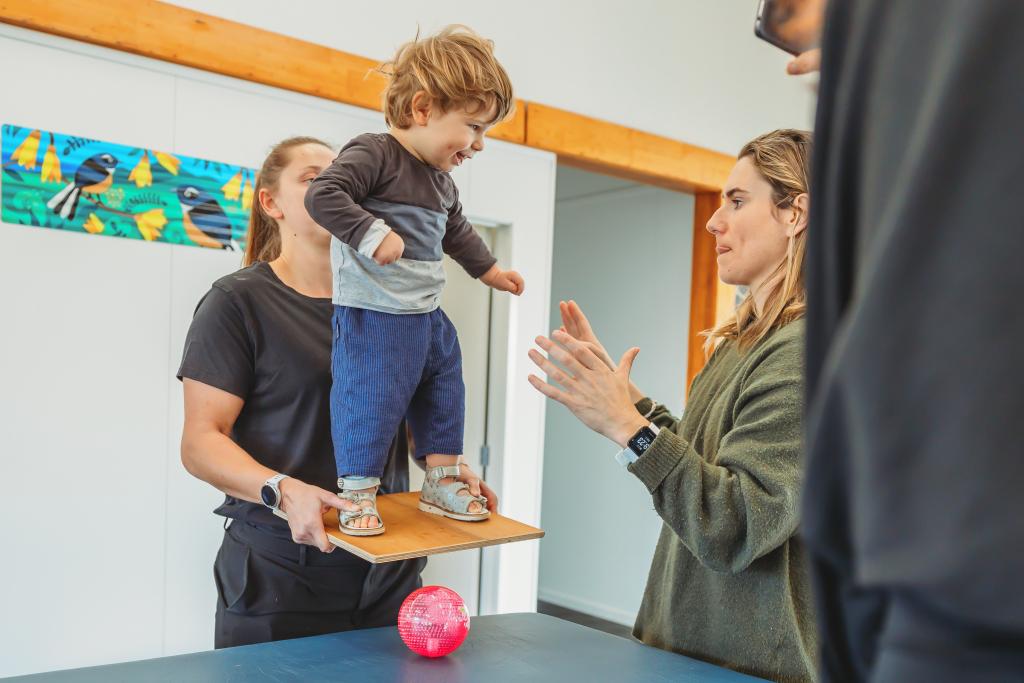
Exercise Physiology
Why is it Important for Children with Neurological Conditions?
Traditionally, therapy for children with disabilities focused on stretching and maintaining range. But research now shows that strength and conditioning are essential. Children with CP and other neurological conditions who take part in structured exercise physiology programs see improvements in walking speed, endurance, gross motor skills, and independence in everyday activities. Strengthening the body reduces fatigue, supports bone and joint health, and helps prevent long-term complications.
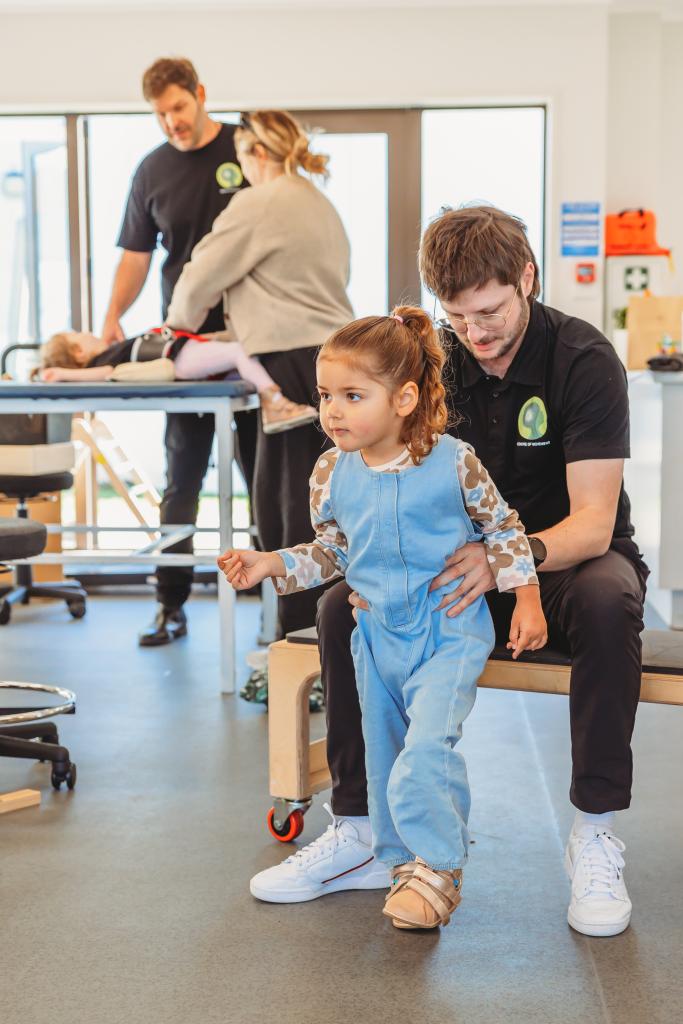
Paediatric Exercise Physiology
How Exercise Physiology Shapes Our Intensive Model
In our intensive therapy programs, exercise physiology sits alongside physiotherapy and occupational therapy to create a holistic, high-dose approach. By building strength, stability, and endurance every day, children can carry over new movement patterns into functional skills more effectively. Exercise Physiology ensures that gains made in intensives aren’t just about “doing more in the clinic” but about unlocking long-term capacity for independence and participation
Long-Term Benefits
Beyond immediate progress, Exercise Physiology lays the foundation for lifelong health. It supports:
-
Stronger bones and muscles
-
Reduced risk of contractures and secondary conditions
-
Improved cardiovascular fitness and endurance
-
Confidence to participate in sport, recreation, and community life
-
Greater resilience and independence as children grow into adolescence and adulthood
